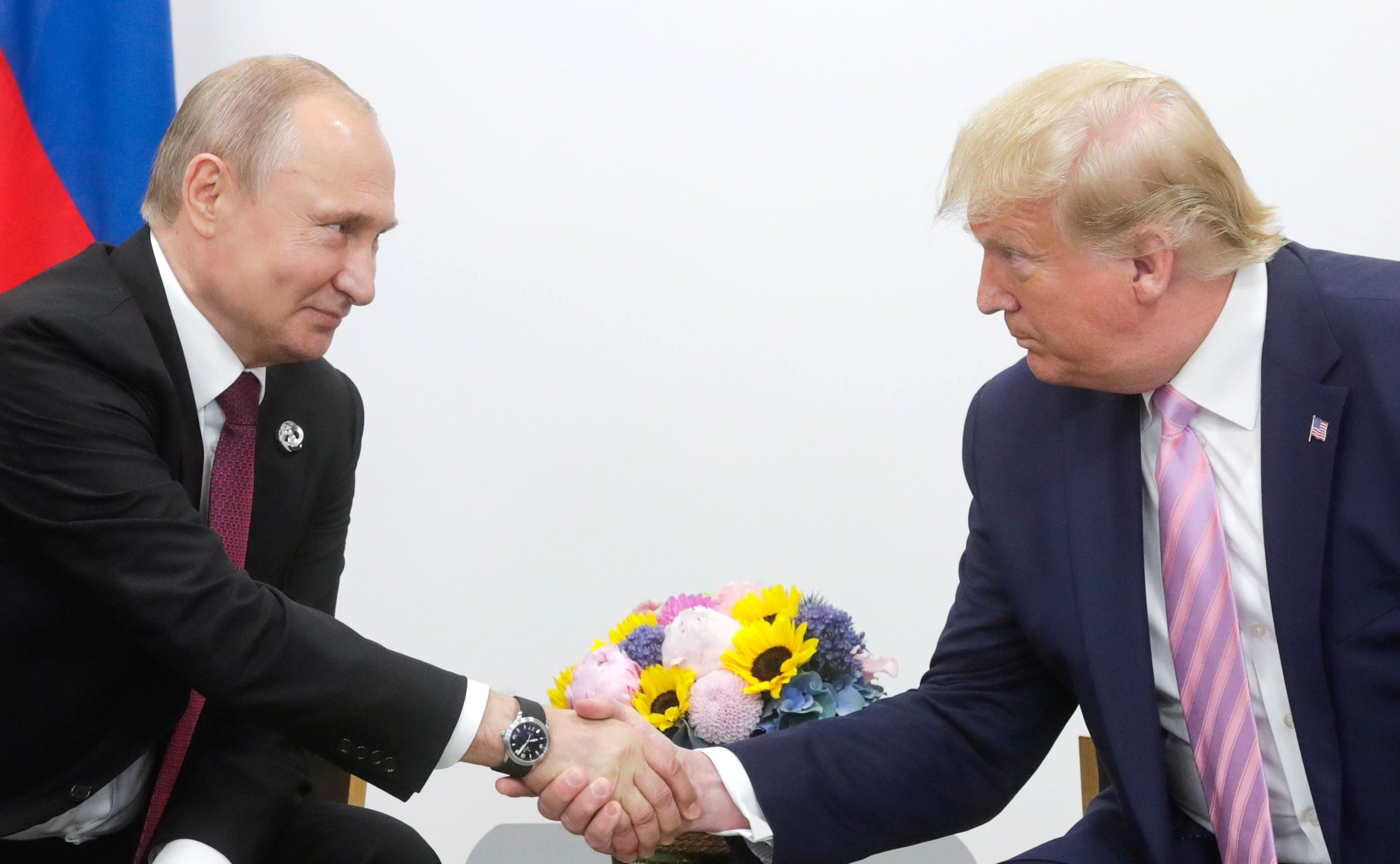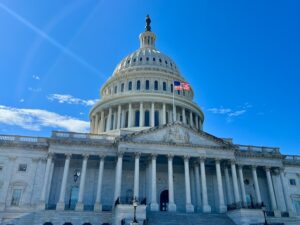
The two impeachments of former President Donald Trump, along with ongoing legal challenges, have left an indelible mark on American politics. However, as discussions around the 2024 presidential election gain momentum, it is crucial to examine not just past events but also the potential impact on national security should Donald Trump continue in his efforts to retake the White House.
The recent revelation that a binder containing highly classified materials relating to Russia’s interference in America’s elections went missing at the tail end of the Trump administration has significantly amplified the seriousness of the national security threat posed by Donald Trump to the United States of America.
Regardless of whether the binder was simply lost due to one of the most extreme cases of gross negligence in our nation’s history, or alternatively, in what would arguably be a worst case scenario, obtained by foreign hostile powers, the loss of that binder demonstrates that Donald Trump and those he surrounds himself with cannot be trusted going forward.
For those who may be unaware of what unfolded early on in Trump’s Presidency, there was a comprehensive investigation into Russian interference in the 2016 U.S. presidential election which raised serious questions about the Trump campaign’s interactions with Russia. While the report did not establish a criminal conspiracy, it confirmed the Russian government had interfered in the 2016 election and outlined numerous instances where Donald Trump and his allies engaged in the potential obstruction of justice related to the investigation. While the Mueller Report did not ultimately lead to impeachment proceedings, it served as a stark reminder of the vulnerabilities within the U.S. electoral system and the potential risks posed by foreign adversaries.
To date, its unclear how significantly America’s national security was undermined, but it’s arguably fair to say that Vladimir Putin wanted to see Donald Trump in the White House, and the Republican Party appeared far more concerned with their own partisan interests than the threat posed by Russia’s efforts to manipulate our elections for a variety of reasons.
The importance of this cannot be understated. If the United States of America wishes to remain the world’s bastion of freedom, we need to know that Americans are picking our own leaders and that we’re not being controlled or manipulated by foreign tyrants. Sadly, very few within the Republican Party seemed to understand or care about this threat to our nation’s national security, and in vote after vote demonstrated willful blindness to what was unfolding if acknowledging the facts reflected poorly on the GOP.
The Mueller Report aside, there were also multiple instances during Trump’s presidency that raised eyebrows regarding the Trump Administration’s communications with the Russian government. Whether it was the infamous Trump Tower meeting or interactions with Russian officials, the optics were concerning. While collusion may not have been definitively proven, the mere appearance of a cozy relationship with a geopolitical adversary demands scrutiny, especially in the context of national security.
National security extends beyond geopolitical relations; it encompasses the safeguarding of classified and top-secret materials. During Trump’s presidency, there were also numerous instances where sensitive information was mishandled, which raises serious questions about their commitment to protecting the nation’s secrets. From discussions in unsecured locations to allegations of inappropriate disclosures, these actions underscore a potential disregard for the protocols vital to national security.
The Trump Administration’s interactions with Russia and the controversial incidents outlined in the Mueller Report cast a shadow over the potential for transparent and accountable foreign relations. National security requires leaders who can navigate international relations without compromise, and their past interactions raise concerns about the Trump team’s ability to uphold this imperative.
The mere perception of a favorable disposition towards foreign entities can open the door to external influence. The intricacies of global politics demand a leader who prioritizes the interests of the United States above all else, and while the Trump team’s use of the phrase “Make America Great Again,” would suggest the idea that they do, the simple fact is that their track record demonstrates a pathetic inability to put America first when presented with the opportunity. Consequently, the past instances of questionable communications and interactions with Russia demonstrate that electing Trump again in 2024 would pose a serious risk to our nation’s autonomy and sovereignty.
The mishandling of classified and top-secret materials during Trump’s presidency also raises serious questions about the ability to secure sensitive information, something that’s a paramount requirement of our nation’s leaders. National security depends on leaders who understand the gravity of safeguarding classified materials and adhere to established protocols. Past actions suggest a potential for lapses in judgment that could compromise critical information in an era where we can’t afford to make mistakes.
National security is not solely about military strength; it also hinges on trust and credibility. The controversies surrounding Trump’s interactions with Russia and the handling of classified information erode the trust of both the American people and international allies. Rebuilding this trust is paramount to maintaining effective diplomatic and security measures.
As discussions about the 2024 presidential election intensify, it is imperative to consider the implications for national security. The Trump Administration’s past interactions with Russia and the handling of classified materials raise serious concerns that warrant careful scrutiny. While everyone has the right to participate in the democratic process, the unique challenges of safeguarding the nation’s security demand a leader with an unblemished commitment to transparency, accountability, and the protection of vital information. Sadly, neither Trump nor any of the other candidates currently running for the Republican Party’s nomination appear even remotely up to the task, and the few Republicans who have had the courage to prioritize their patriotism before their partisanship in recent years aren’t currently running for the office.
In evaluating potential candidates, it becomes evident that past actions can serve as indicators of future behavior. The national security concerns surrounding Donald Trump’s previous tenure in office necessitate a thoughtful and prudent approach to his potential candidacy in 2024. As citizens, our duty is not just to exercise our voting rights but to do so with a clear understanding of the profound implications for the safety and security of the United States.





